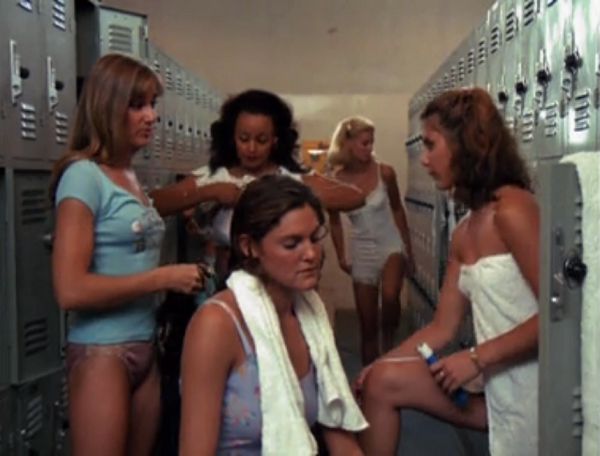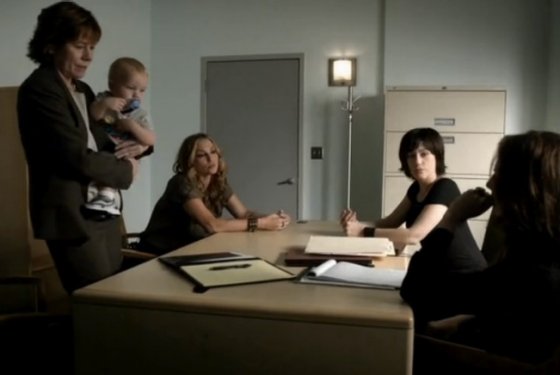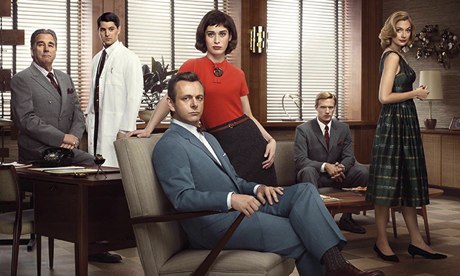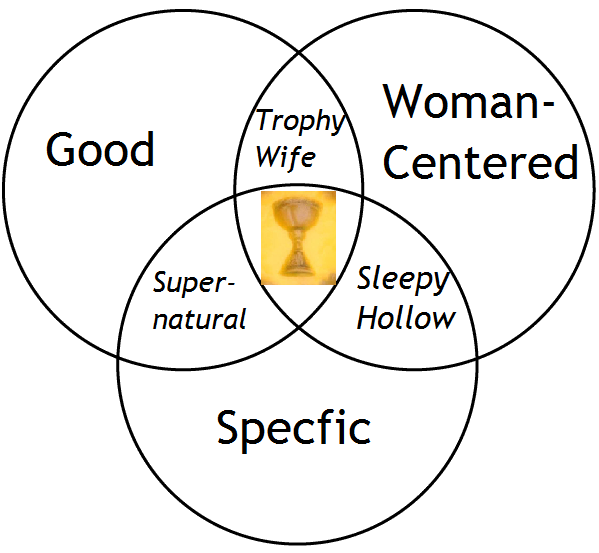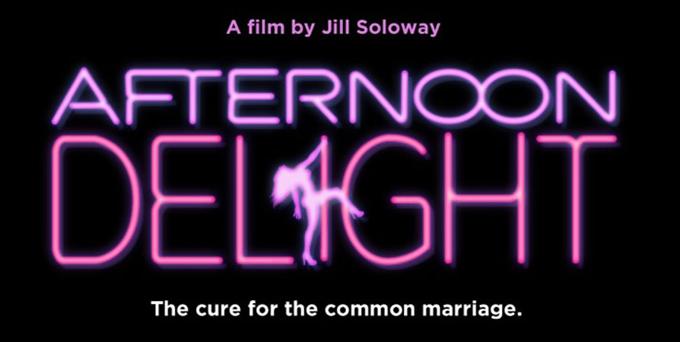‘Night of the Living Dead’: Early Reception and Gender Performances
In terms of gender representations, both men and women are shown as the worst possible version of themselves. Barbra swings back and forth from being near catatonic and unable to communicate, to wild and hysterical. Ben even slaps her at one point to get her to snap out of her state. She is weak and unable to deal with the emotions of seeing her brother attacked. Barbra would have already been killed and reanimated were it not for the über masculine Ben to save her from the perils that lie outside.


